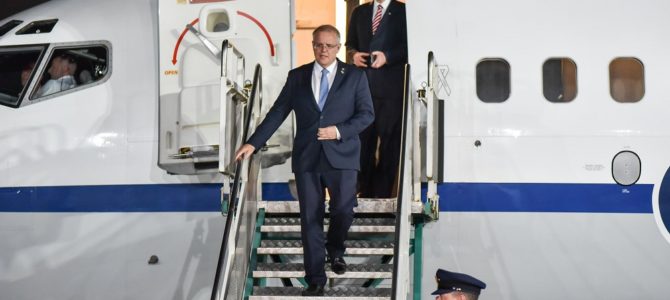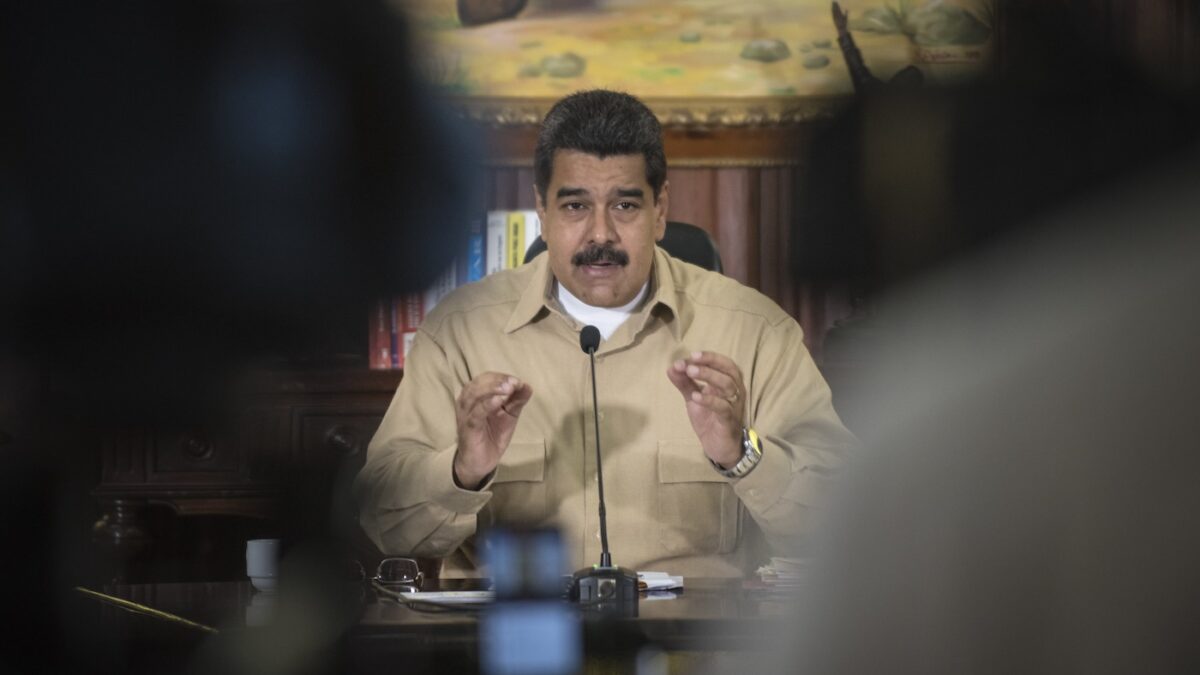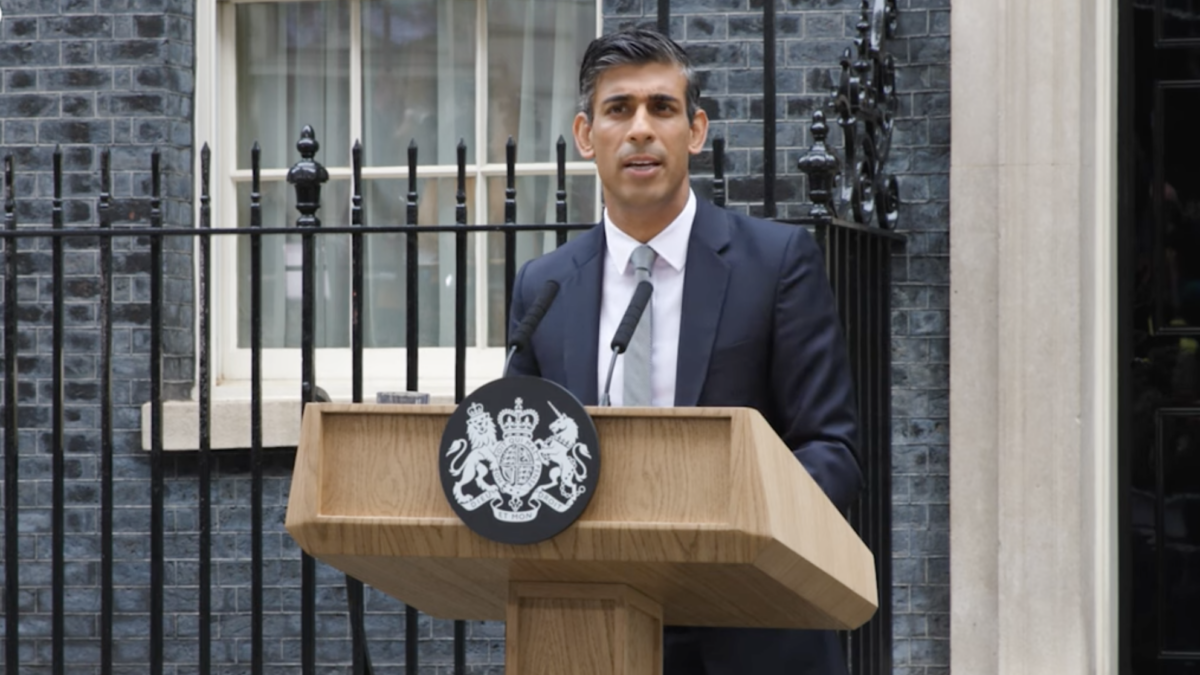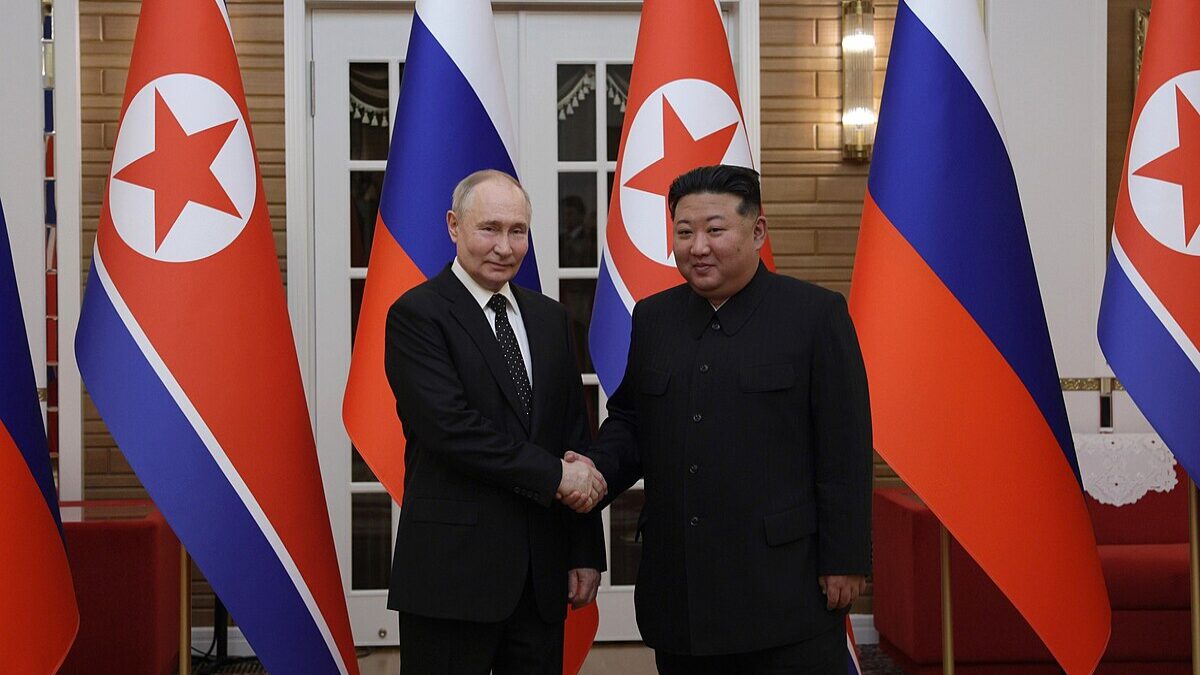
Australian Prime Minister Scott Morrison gave his strongest response to Communist China this week after enduring months of bullying from Beijing. He let Beijing know loud and clear that Australia is “an open trading nation, but I’m never going to trade our values in response to coercion.”
It all began back in April, when Australia led a draft resolution, which demanded the World Health Organization (WHO) conduct an “impartial, independent and comprehensive evaluation of the international response to the pandemic, the actions of the WHO and its ‘timeline’ of the pandemic.” The Australian government said such inquiry is necessary to better prepare countries all around the globe for the next pandemic.
Beijing did not take Australian’s proposal very well. Beijing has categorized all investigations and inquiries regarding the origin and spread of Covid-19 as attempts to explicitly attack and blame the Chinese government for its mishandling of containment measures prior to the Wuhan virus’s wide spread.
Therefore, Australia’s proposal drew an indignant response from Beijing. China’s embassy in Canberra accused Australia of tagging along on the U.S bandwagon in the “blame war,” and warned that Chinese consumers might boycott Australian beef and wine. Hu Xijin, editor of The Global Times, a Chinese tabloid, compared Australia to “a piece of chewed up gum stuck under China’s shoe.” He further warned that Australia might pay a heavy economic price if it continues to act as the U.S.’s “attack dog.”
Australia’s export-oriented economy heavily depends on China, its largest trading partner. Between 2018-2019, Australia exported close to US$100 billion to China, which included approximately a third of Australia’s farm products.
Beijing, on the other hand, is notorious for abusing its economic leverage to coerce other countries. In 2017, after South Korea decided to allocate a construction site for hosting American-made anti-missile systems, Beijing retaliated by preventing Chinese tourists from visiting South Korea, ordering Chinese companies to boycott South Korean companies, and diverting Chinese consumers from South Korean retail stores in China.
Last month, Beijing responded to Australia’s call for a WHO inquiry into the Covid-19 outbreak by imposing an 80 percent tariff on Australia’s barley exports, while suspending beef imports from four major meat processing plants in Australia, citing them with “violations of inspection and quarantine requirements” without any specifications. Last year, China imported US$1.6 billion worth of beef and $960 million worth of barley from Australia. Beijing’s economic sanction will indisputably lay hardship on Australian farmers and Australia’s economy, both of which are still struggling to recover from the Covid-19 economic shutdown.
However, Beijing’s economic coercion backfired. Not only did the Australian government stand firmly behind its proposal, but it also received the support of a coalition of 120 countries, including Britain, Canada, Russia, and all 27 European Union member states. Australia’s proposal was adopted by WHO’s decision-making body, the World Health Assembly, at its annual meeting in May.
This month, China intensified its pressure campaign against Australia by forcing Chinese students and tourists to stay away from Australia, due to a supposed increase of discrimination against people of Asian descent. The Global Times claimed that “hanging out with friends and shopping could be dangerous” for Chinese people in Australia.
There are about 260,000 Chinese students currently studying in Australia, and about 1.4 million Chinese tourists visited Australia in 2019. Education is one of Australia’s biggest industries, generating about US$20 billion per year in revenue. China’s latest warning to its students and tourists is yet another form of economic sanctions on Australia.
Notably, Beijing’s disingenuity in these sanctioning measures also lies in its hypocrisy in labeling Australia as a “racist nation,” given that Beijing has put more than 1 million Uyghur Muslims in internment camps.
Furthermore, xenophobic incidents against foreigners in China, especially against black individuals, during the Covid-19 crisis were widely reported throughout the country, from incidents of housing refusal to deliberate segregation. A group of African ambassadors in Beijing had to file a complaint to Chinese Foreign Minister Wang Yi, demanding the immediate “cessation of forceful testing, quarantine, and other inhuman treatments meted out to Africans.”
There may be individual cases of racial discrimination against Chinese people in Australia. However, overall, Australia has been very welcoming to Chinese students, visitors, and immigrants.
Australia is one of the most open and free societies in the world. The country’s net immigration (arrivals minus departures) represents 65 percent of the nation’s population growth. All immigrants, including 1.2 million Chinese immigrants, enjoy tremendous political freedom in Australia, such as freedom of expression, a free press, and the freedom to assemble—privileges that are unthinkable back at home.
A day after Morrison dismissed Beijing’s accusation of racism in Austria and told Beijing that Australia wouldn’t trade away its values, China convicted an Australia man, Karm Gilespie, of drug smuggling and sentenced him to death. Look like Beijing won’t stop escalating the tension between the two countries.
So why does Beijing tirelessly attack Australia from multiple fronts? The most obvious reason is that Beijing views Australia’s call for a probe on the implications of Covid-19 as a smear campaign. Beijing wants to use economic coercion to force Australia to change its behavior.
By bullying Australia, Beijing signals to other countries that there will be a serious price to pay when Beijing’s authority is challenged. Moreover, Beijing ultimately views Australia as a proxy for the United States. While it may be too costly for Beijing to attack the United States directly, Beijing is confident that it can get its message out at relatively minimal cost through attacking U.S. allies.
Last but not least, Beijing’s “wolf diplomacy” cannot be discounted. Rather than building global influence through cooperative exchange and strategic diplomacy, Beijing’s new foreign policy approach is combative and antagonistic. Chinese diplomats, government officials, and state media are willing to push and defend Beijing’s policies and narratives at all costs, even at the expense of damaging international relationships.
It took courage for Australia to stare down at Beijing’s coercion. How Beijing treats Australia has universal implications. Beijing has long insisted that China’s rise is “peaceful.” However, the way Beijing has been bullying Australia demonstrates the true meaning of China’s “peaceful” rise: you can only have peace if you bend to Beijing’s will. In the new world order Beijing seeks to establish, it is the sole master, while everyone else is simply a subordinate.
As a small country, how long Australia can withstand Beijing’s bullying is uncertain. Australia is one of the United States’ main allies, and reflects many converging values. The United States should stand strong with Australia in light of Beijing’s bullying. If we don’t help our ally now, someday we may find ourselves facing Beijing’s bullying alone.









